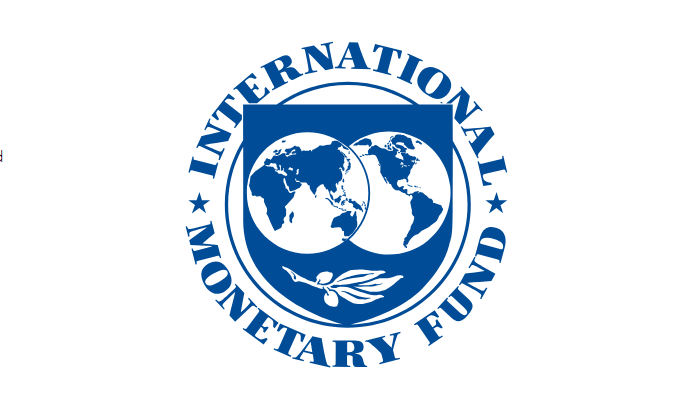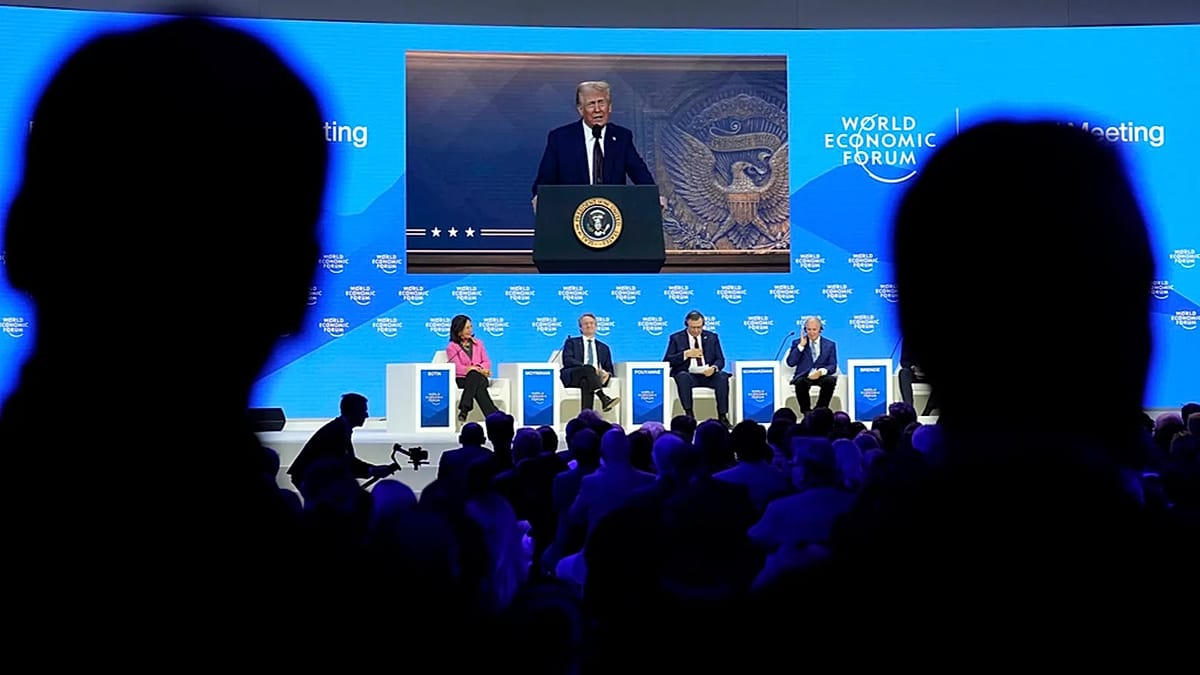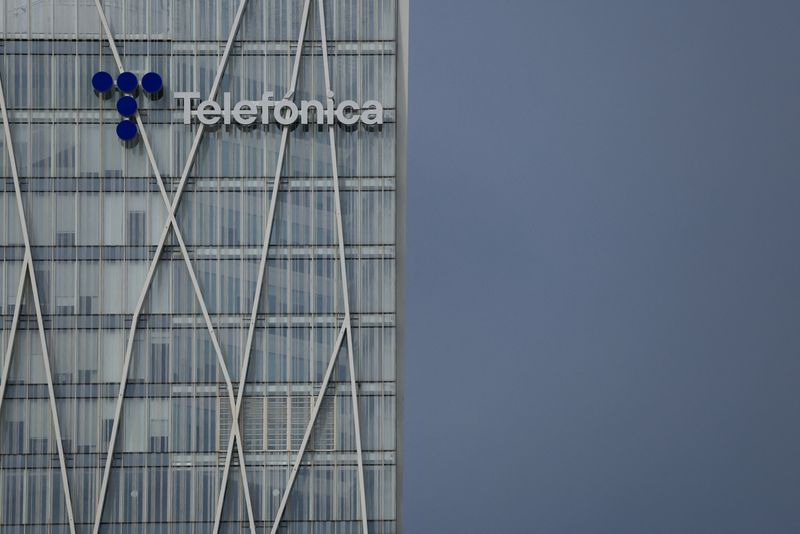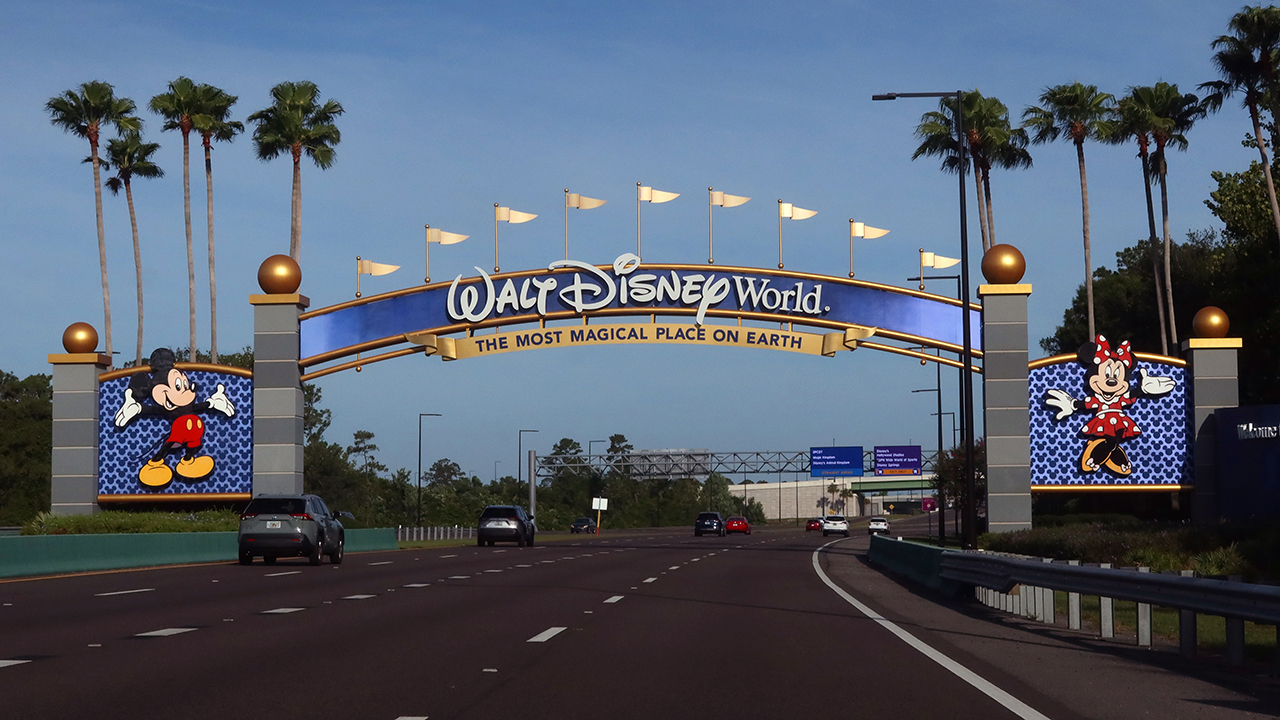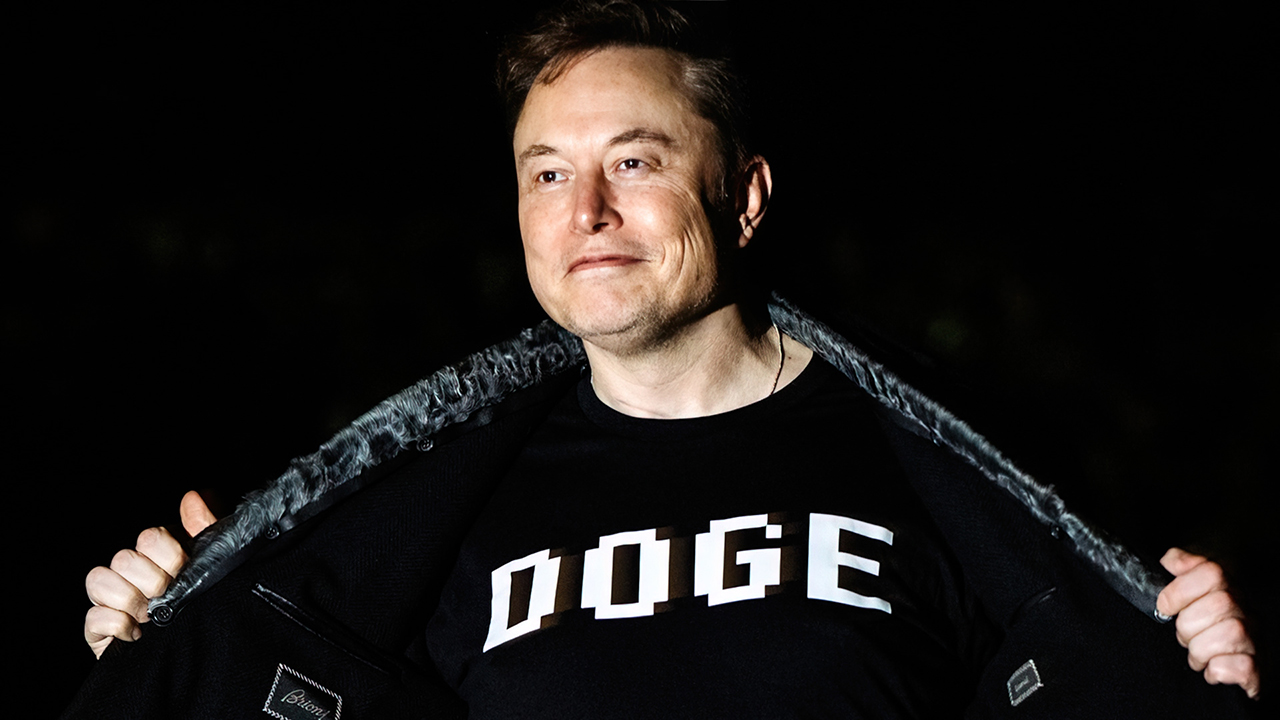Sharia-Compliant Finance Assets Poised to Surpass $7.5 Trillion

The Dawn of a New Era in Ethical Investing
The global Islamic finance market is experiencing unprecedented momentum, representing one of the most significant shifts in the financial landscape of the 21st century. Valued at approximately $5.5 trillion in 2024, the industry is projected to surpass $7.5 trillion by 2028, marking a growth trajectory that reflects far more than mere numerical expansion. This surge represents a fundamental transformation in how global investors approach finance, prioritizing ethical considerations, asset-backed stability, and social impact alongside traditional returns.
The DIFC Phenomenon: Dubai’s Financial Renaissance
At the heart of this Islamic finance revolution stands the Dubai International Financial Centre (DIFC), which has emerged as a global financial powerhouse and the epicenter of Sharia-compliant investment activity. The centre’s remarkable performance in the first half of 2025 tells a story of strategic vision translated into tangible success. With total active registered companies reaching 7,700—a staggering 25% year-on-year increase—the DIFC has become a magnet for international financial institutions seeking exposure to the Islamic finance market.
The centre’s assets under management, now hovering around $700 billion, represent not just capital accumulation but a sophisticated ecosystem that has successfully married traditional financial excellence with Islamic principles. This achievement rests on three fundamental pillars that have created an irresistible proposition for global investors: regulatory stability that provides certainty in an uncertain world, 100% foreign ownership that eliminates barriers to international participation, and a modern tax framework that optimizes returns while maintaining compliance with both local and international standards.
These structural advantages have created fertile ground for Sharia-compliant funds to flourish, attracting capital from both traditional Islamic markets and increasingly from Western institutional investors who recognize the stability and ethical appeal of these instruments. The DIFC’s success demonstrates how strategic positioning, combined with regulatory innovation, can create a financial hub that transcends geographical and cultural boundaries.
The ESG-Islamic Finance Convergence: A Natural Alliance
Perhaps the most compelling aspect of Islamic finance’s current trajectory is its natural convergence with Environmental, Social, and Governance (ESG) investing principles. This alignment represents more than mere coincidence; it reflects shared fundamental values that are reshaping global investment priorities. Both Islamic finance and ESG frameworks commonly exclude sectors deemed harmful to society—gambling, tobacco, excessive speculation—while emphasizing real-economy activities that create tangible value and employ risk-sharing structures that promote stability over volatility.
This ethical alignment has profound implications for the future of global finance. As ESG investing continues its meteoric rise, driven by both regulatory requirements and investor demand for sustainable returns, Islamic finance finds itself uniquely positioned at the intersection of profitability and purpose. The traditional boundaries between Islamic and conventional investing are blurring as global impact investors recognize that Sharia-compliant structures often deliver the transparency, stability, and social benefit they seek.
The convergence has opened new markets and investor bases that were previously inaccessible to Islamic finance. European pension funds, North American institutional investors, and Asian sovereign wealth funds are increasingly viewing Sharia-compliant investments not as niche religious products, but as sophisticated financial instruments that align with their broader sustainability mandates.
Innovation in Structure and Scope
The sophistication of modern Islamic finance extends far beyond traditional banking products. Today’s Sharia-compliant funds encompass complex structured products, alternative investments, private equity, real estate investment trusts (REITs), and infrastructure financing. The DIFC’s ecosystem now manages or markets over 10,000 funds, representing a diversity and complexity that rivals any major financial center.
This innovation has been driven by the need to compete with conventional finance while maintaining strict adherence to Islamic principles. The result has been the development of increasingly sophisticated structures that can accommodate complex investment strategies while ensuring full Sharia compliance. Sukuk (Islamic bonds) have evolved from simple asset-backed securities to complex instruments that can finance everything from infrastructure projects to corporate expansions, providing investors with diversified exposure while maintaining ethical integrity.
The real estate sector has been particularly innovative, with Islamic REITs providing exposure to property markets while ensuring that underlying assets and financing structures comply with Sharia principles. These developments have made Islamic finance accessible to a broader range of investors while maintaining its core ethical foundations.
Global Market Dynamics and Regional Growth
The expansion of Islamic finance is not confined to traditional Middle Eastern markets. Southeast Asia, particularly Malaysia and Indonesia, has emerged as a major growth engine, with these markets developing sophisticated Islamic finance ecosystems that serve both domestic and international investors. Europe has seen increasing demand for Sharia-compliant products, driven by growing Muslim populations and broader interest in ethical investing.
The African continent presents enormous growth potential, with several countries developing Islamic finance frameworks to attract investment and provide financial services to underbanked populations. Countries like Nigeria, Kenya, and South Africa are establishing regulatory frameworks that support Islamic finance while maintaining integration with global financial markets.
Even traditionally Western financial centers like London, Luxembourg, and Hong Kong have developed Islamic finance capabilities, recognizing the importance of this market segment and its growth potential. This global expansion reflects the universal appeal of Islamic finance principles rather than merely serving religious requirements.
Technological Integration and Digital Transformation
The Islamic finance industry has embraced technological innovation, with fintech solutions providing new ways to deliver Sharia-compliant services while maintaining regulatory compliance. Blockchain technology has found particular application in Islamic finance, providing transparency and immutability that align well with Islamic principles of clear ownership and transparent transactions.
Digital platforms are democratizing access to Islamic finance products, allowing smaller investors to participate in funds and investments that were previously available only to high-net-worth individuals and institutions. This technological integration is expanding the market base while reducing costs and improving accessibility.
Regulatory Evolution and Standardization
One of the most significant developments in Islamic finance has been the evolution of regulatory frameworks and increasing standardization across jurisdictions. Organizations like the Islamic Financial Services Board (IFSB) and the Accounting and Auditing Organization for Islamic Financial Institutions (AAOIFI) have developed comprehensive standards that provide consistency and confidence to international investors.
The DIFC’s regulatory environment exemplifies this evolution, providing a framework that maintains strict Sharia compliance while offering the transparency and protection that international investors require. This regulatory sophistication has been crucial in attracting global capital and establishing trust among conventional investors unfamiliar with Islamic finance principles.
Challenges and Risk Management
Despite its rapid growth, the Islamic finance industry faces several challenges that require careful navigation. The need for Sharia compliance can sometimes limit investment options or increase complexity, requiring specialized expertise that may not be readily available in all markets. The industry also faces the challenge of maintaining authenticity while competing with conventional finance products.
Risk management in Islamic finance requires specialized approaches that account for the unique characteristics of Sharia-compliant investments. The prohibition on interest (riba) and emphasis on asset-backing means that Islamic finance institutions must develop sophisticated risk assessment and management frameworks that differ from conventional approaches.
The Path Forward: Sustainable Growth and Global Integration
Looking ahead, the convergence of Islamic finance principles with global sustainable investing trends suggests a future where ethical considerations become increasingly central to financial decision-making. The DIFC’s success provides a model for other financial centers seeking to develop Islamic finance capabilities, demonstrating that success requires not just regulatory frameworks but comprehensive ecosystems that support innovation while maintaining authenticity.
The projected growth to $7.5 trillion by 2028 represents more than market expansion; it signals a fundamental shift in global financial priorities. As investors increasingly seek investments that align with their values while delivering competitive returns, Islamic finance is positioned to play an increasingly central role in global capital markets.
The industry’s continued evolution will likely see further integration with conventional finance, increased technological adoption, and expansion into new markets and asset classes. The success of centers like the DIFC suggests that the future of Islamic finance lies not in isolation but in sophisticated integration with global financial markets while maintaining core ethical principles.
Conclusion: A Financial Revolution with Global Implications
The rise of Islamic finance represents more than a sectoral success story; it embodies a broader transformation in how global markets approach the relationship between profit and purpose. As the industry moves toward its projected $7.5 trillion valuation, it carries with it the potential to influence global financial practices, promoting stability, transparency, and ethical behavior across all market segments.
The DIFC’s remarkable growth and the broader success of Islamic finance demonstrate that ethical investing is not just a niche market but a fundamental shift in investment philosophy that resonates across cultures and geographies. As we move forward, the principles that have driven Islamic finance’s success—asset-backing, risk-sharing, and ethical exclusions—may well become standard features of global financial markets, making the current expansion of Islamic finance not just a market phenomenon but a preview of the future of finance itself.
The post Sharia-Compliant Finance Assets Poised to Surpass $7.5 Trillion appeared first on European Business & Finance Magazine.
